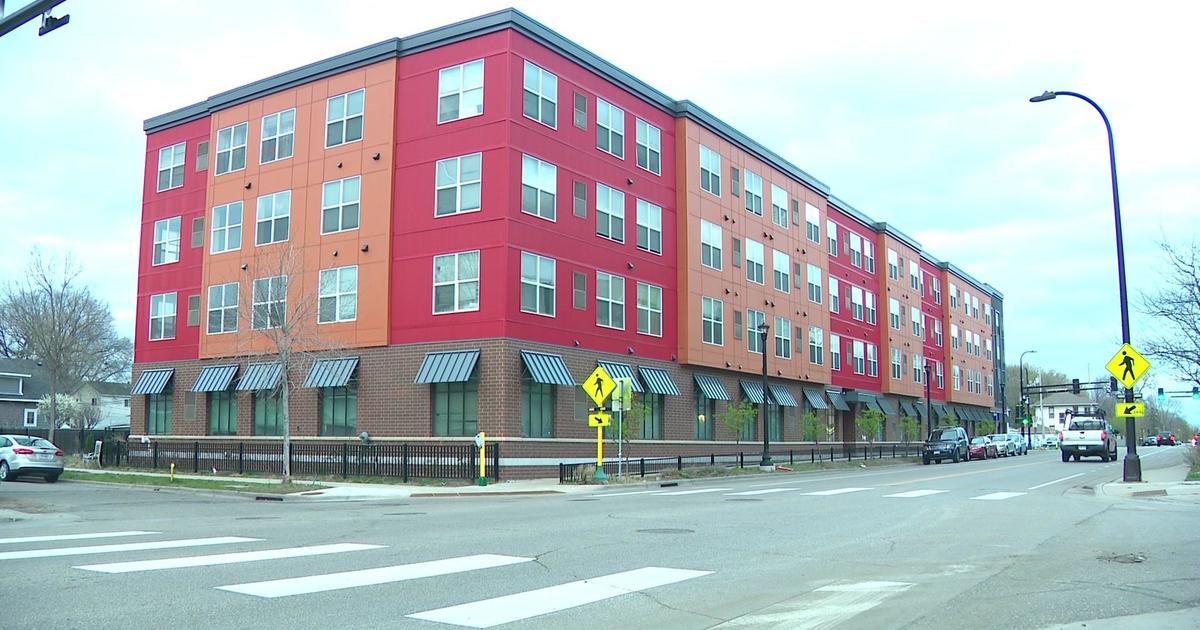Attorney Accuses UW-Madison Of Discrimination
MADISON, Wis. (AP) -- The president of a conservative group that claims the University of Wisconsin-Madison discriminates against prospective white and Asian students called on Republican Gov. Scott Walker or state lawmakers Monday to step in to end the practice.
Republicans have balked for years at what UW-Madison calls a holistic admissions policy, which calls for admissions officers to take a number of factors into consideration, including academic performance and race. GOP lawmakers believe the policy permits reverse discrimination.
The Center for Equal Opportunity in Falls Church, Va., reviewed UW-Madison admissions data from 2007 to 2008 and found black and Hispanic applicants had a better a chance of getting in than whites or Asians. Rep. Steve Nass, R-Whitewater, chairman of the Assembly's higher education committee, had the center's president, Mark Clegg, walk the panel through the report -- a move that indicates Republicans are looking at the UW System's admission policies again.
"There is overwhelming evidence that the University of Wisconsin in engaging in racial and ethnic discrimination, and it should stop," Clegg told the committee during a tense hearing. "In a country like ours, the only system that will work is one that plays no racial favorites. Anything else is a recipe for disaster -- for division, strife and balkanization."
Paul DeLuca Jr., UW-Madison provost and vice chancellor for academic affairs, stressed that academic performance remains the key factor in admissions. At the same time, though, the school wants to build a diverse student body.
He pointed out that Republican Attorney General J.B. Van Hollen issued a 2007 opinion that found the school's admissions approach complied with a 2003 U.S. Supreme Court ruling that race can be one of many admission considerations. He also pointed out that only 14 percent of UW-Madison students are minorities.
"I'm exceptionally disturbed by the remarks I'm hearing today," DeLuca said. "We don't have targets or quotas."
Clegg told the committee the data indicates UW-Madison is applying the race question across the board rather than on an individual basis, raising questions about the policy's legality.
"The University of Wisconsin should stop this discrimination," he said in submitted remarks. "If it won't, then state officials in either the executive branch or legislative branch should step in. And if that doesn't happen, then the courts should end it."
The report found UW-Madison rejected one black and three Hispanics in 2007 and 2008, compared with 39 Asians and 777 whites. The school admitted more than seven out of every 10 black applicants and more than eight out of every 10 Hispanics compared with about six in 10 Asians and whites, even though black and Hispanics generally had lower SAT scores.
Minority Democrats on the committee said the report cherry-picked statistics without examining larger forces that affect admissions, such as academic performance and the state's overall ethnic composition.
Rep. Mark Pocan, D-Madison, called the report sloppy and Clegg "a coaster" hung up on race who presumes to enlighten people in fly-over country. Nass demanded Pocan stop calling Clegg names, and then Clegg took Pocan on himself, calling his questioning inarticulate.
"I'm flattered to be considered an elite snob looking down on Wisconsin, but I assure you that's not the case," he said.
"I was thinking more good old boy," Pocan fired back.
Rep. Terese Berceau, D-Madison, questioned whether UW-Madison's policies have created any real problems. She said in her 13 years as a legislator representing the campus area, she has received only two complaints from people denied admission. Rep. Barbara Toles, D-Milwaukee, who graduated from UW-Madison, said the lack of diversity at the school is embarrassing.
Nass said he doesn't plan to introduce legislation to change the policy because that could put Republicans up for election next year in a tough position. He said Walker may be able to change the policy by replacing members of the Board of Regents with his own appointees, although that process could take years.
Still, Nass said the hearing was worthwhile because it let the public know race was used in college admissions.
(© Copyright 2011 The Associated Press. All Rights Reserved. This material may not be published, broadcast, rewritten or redistributed.)



